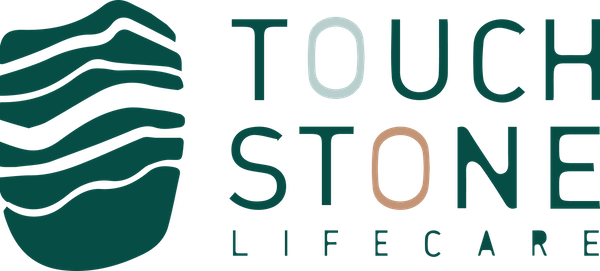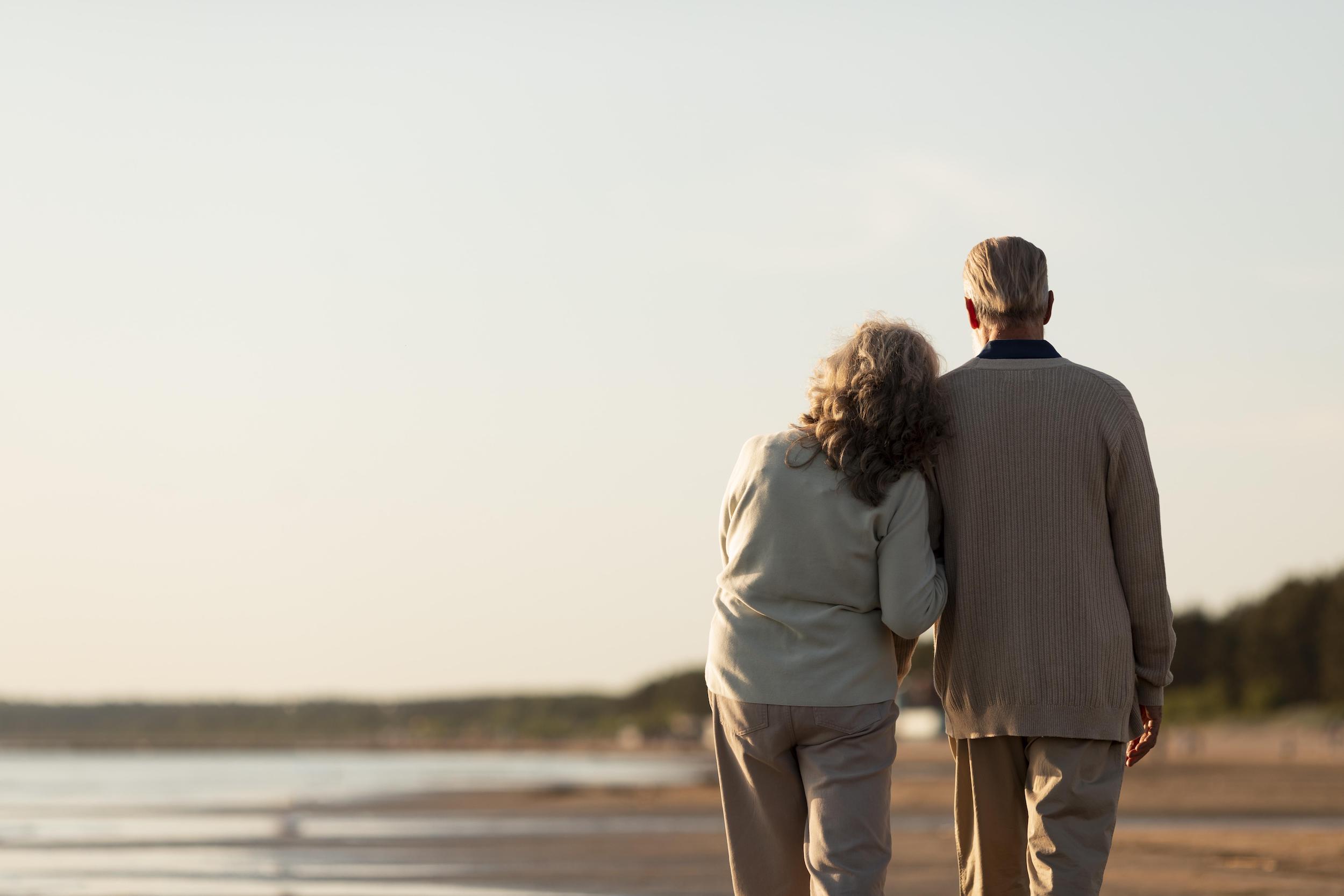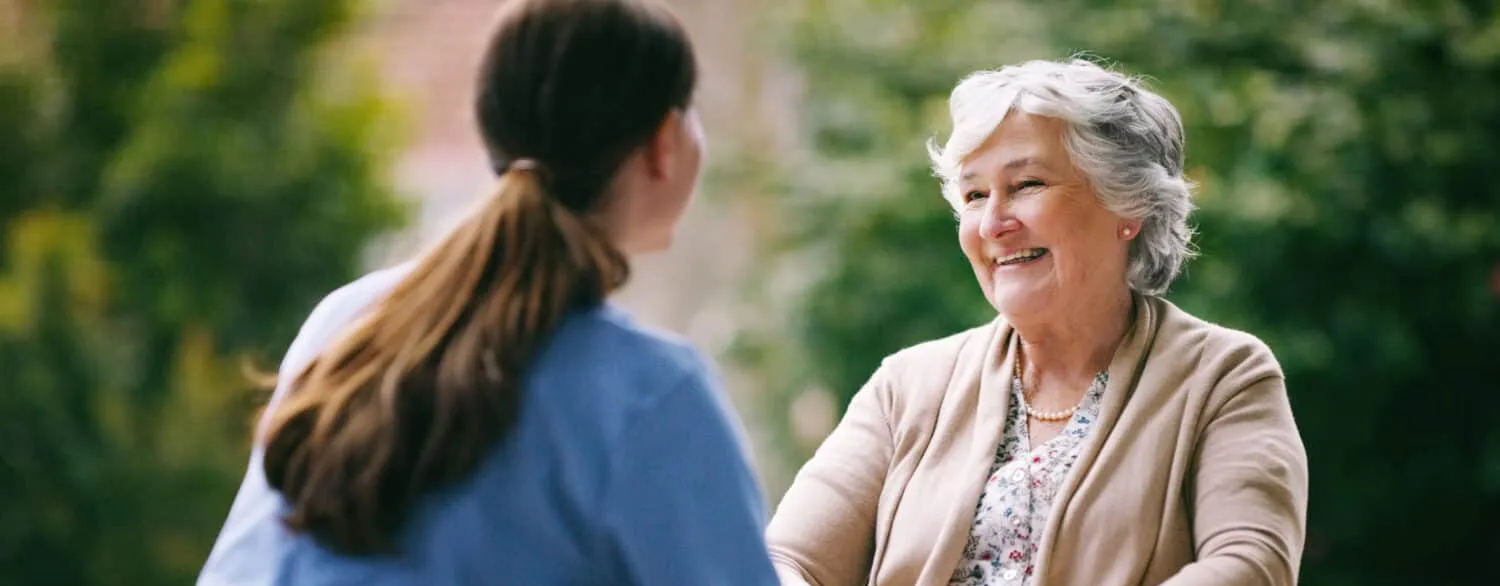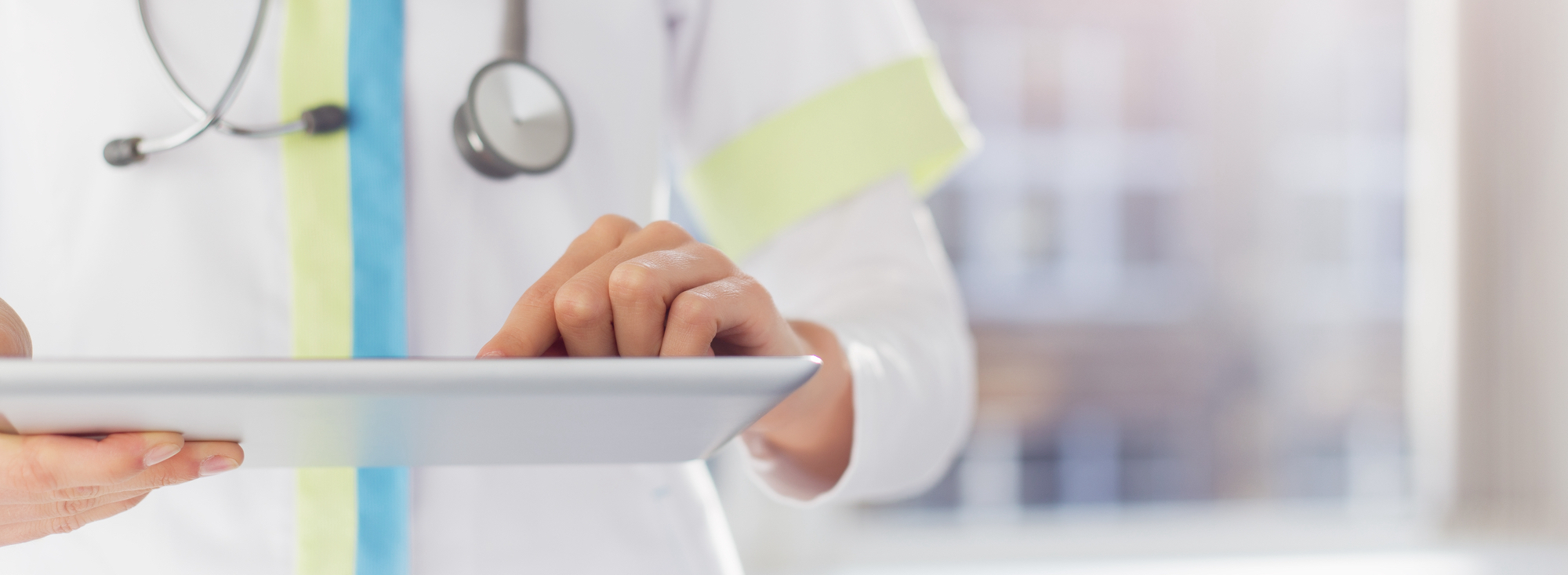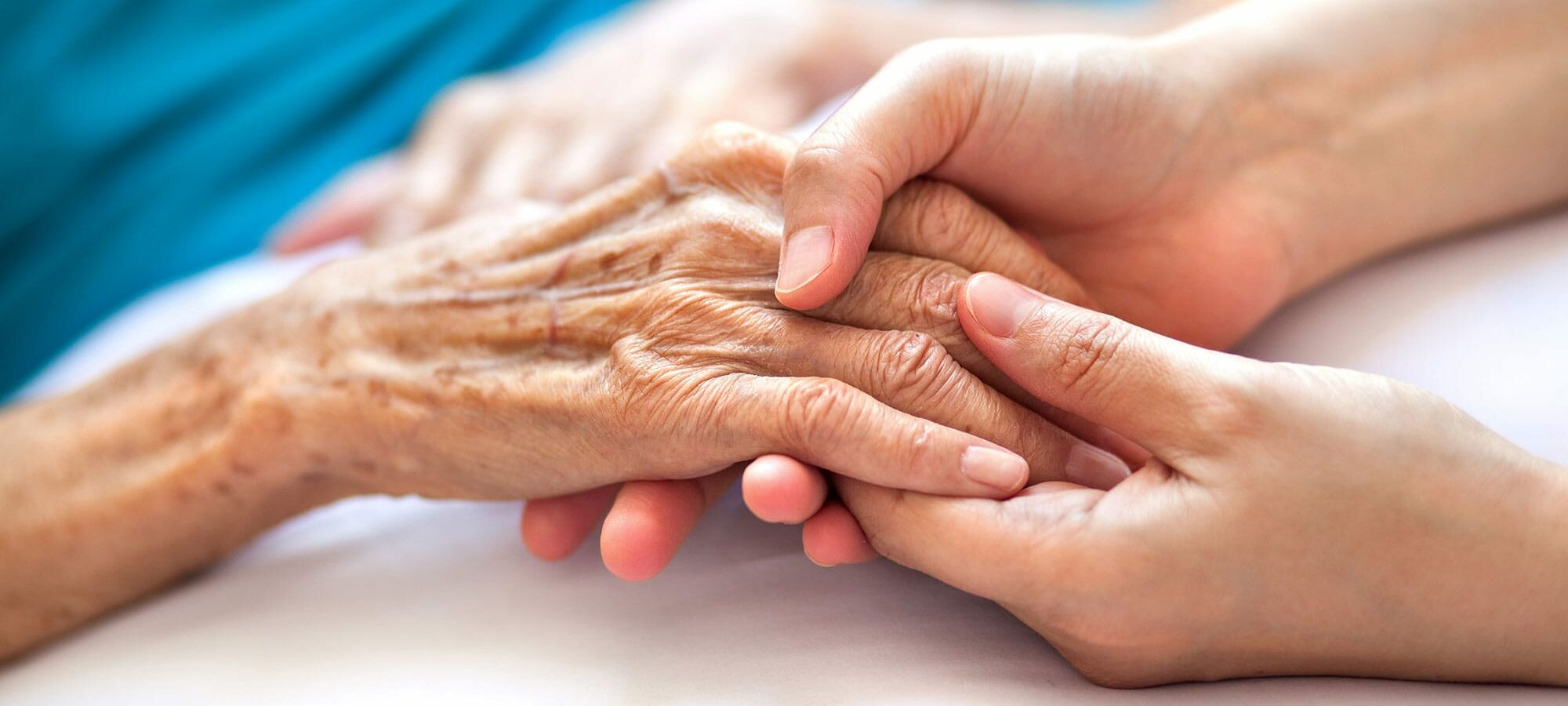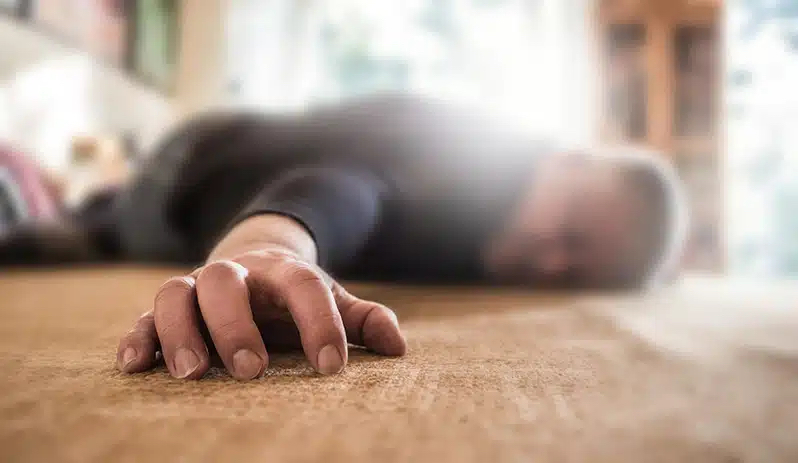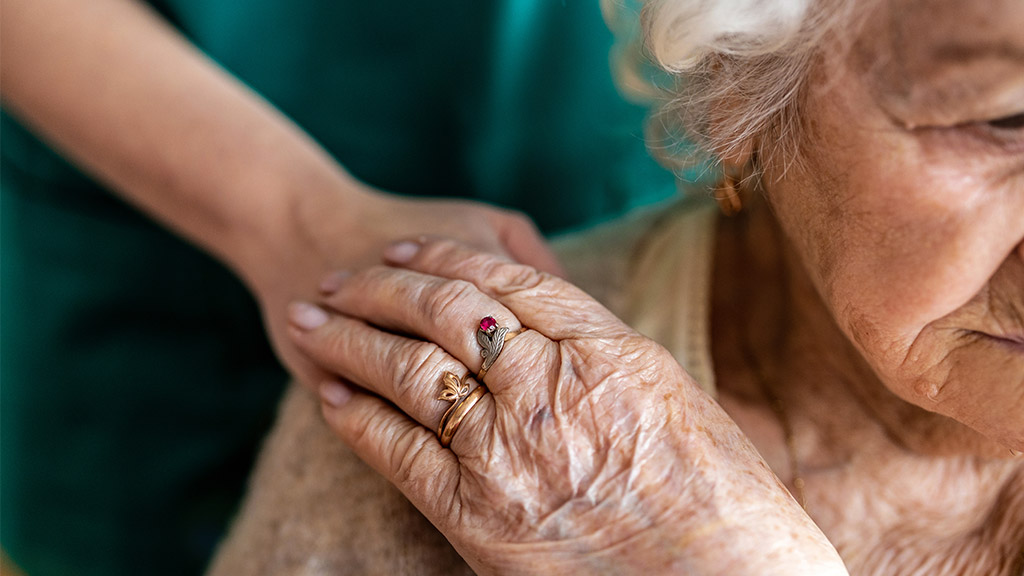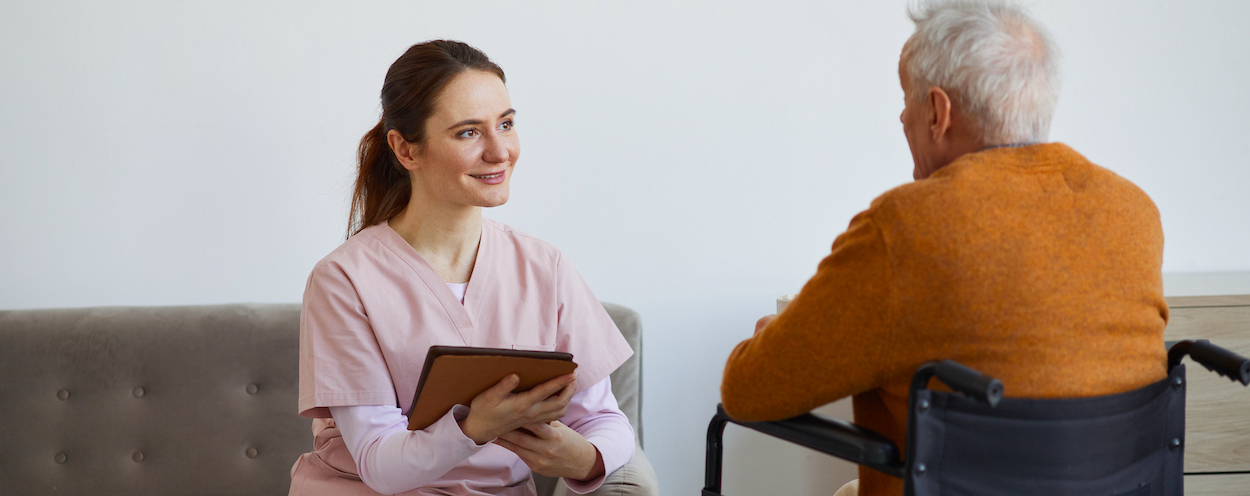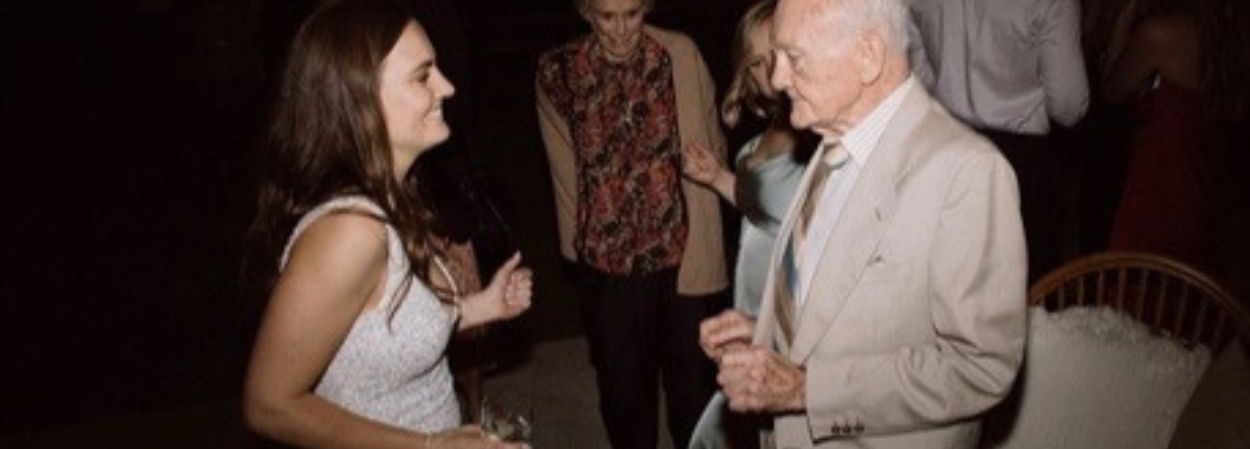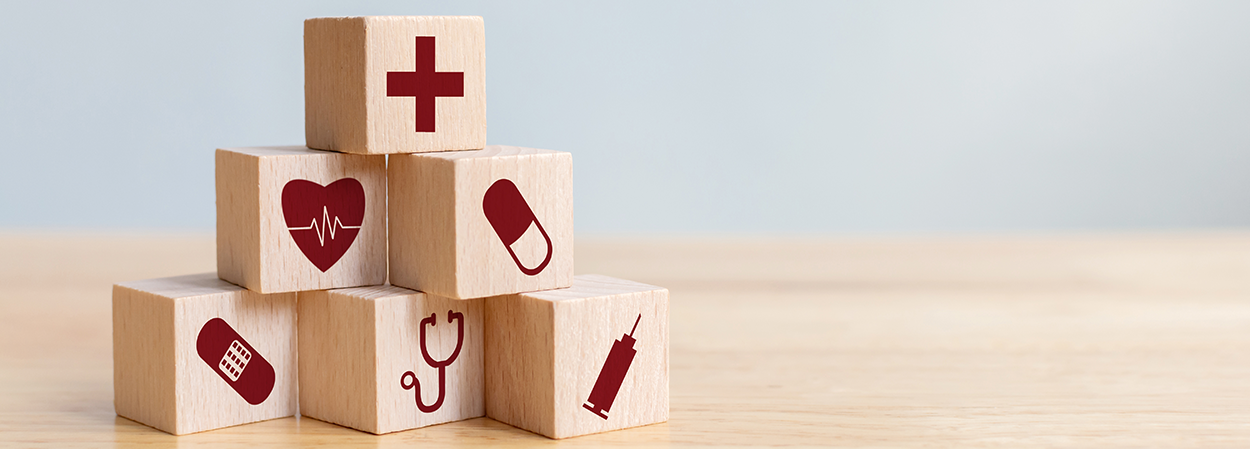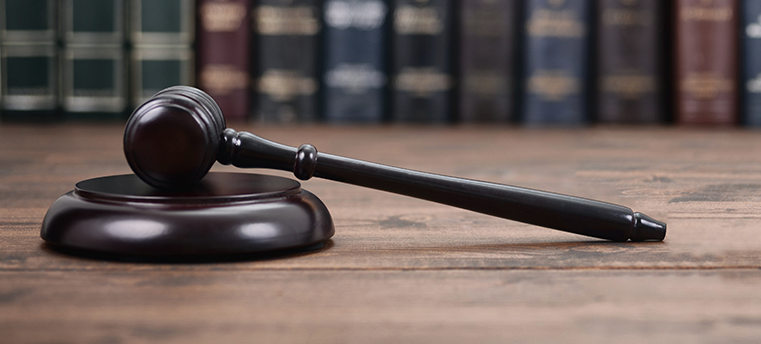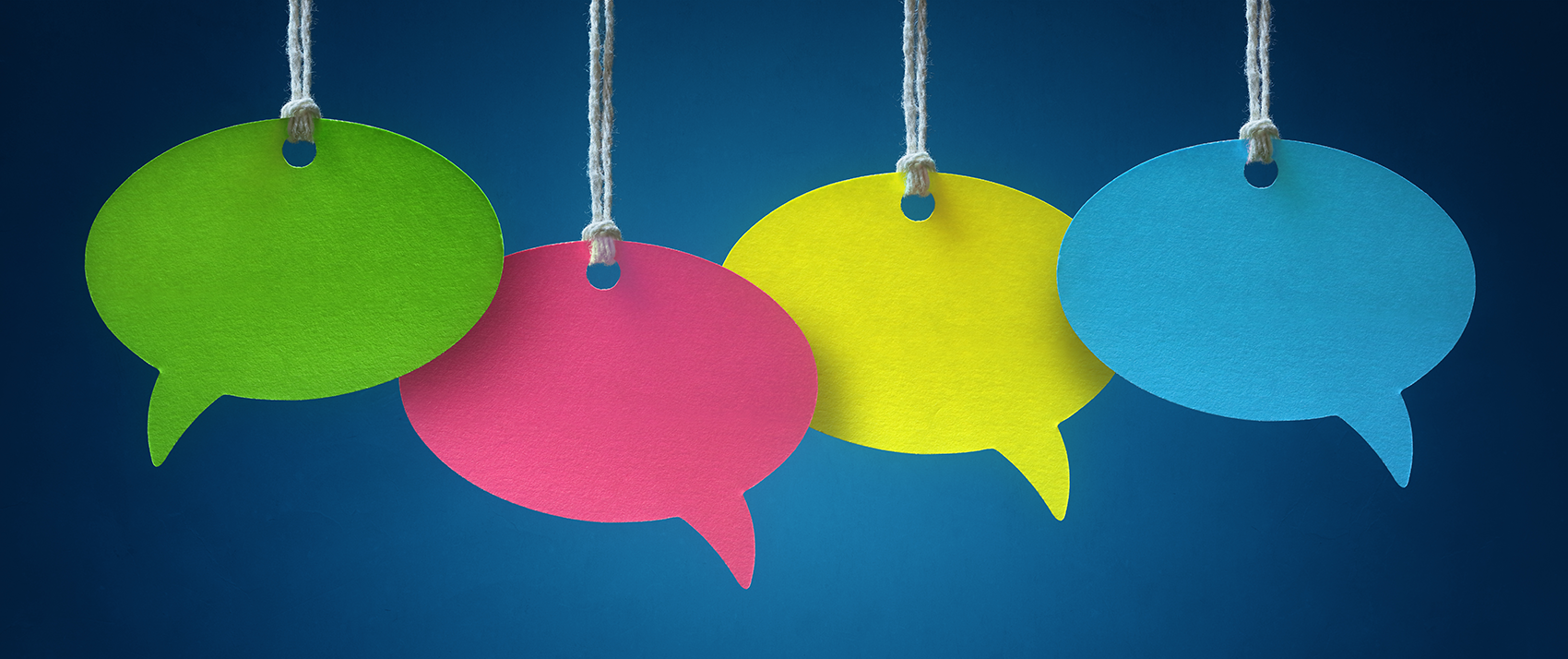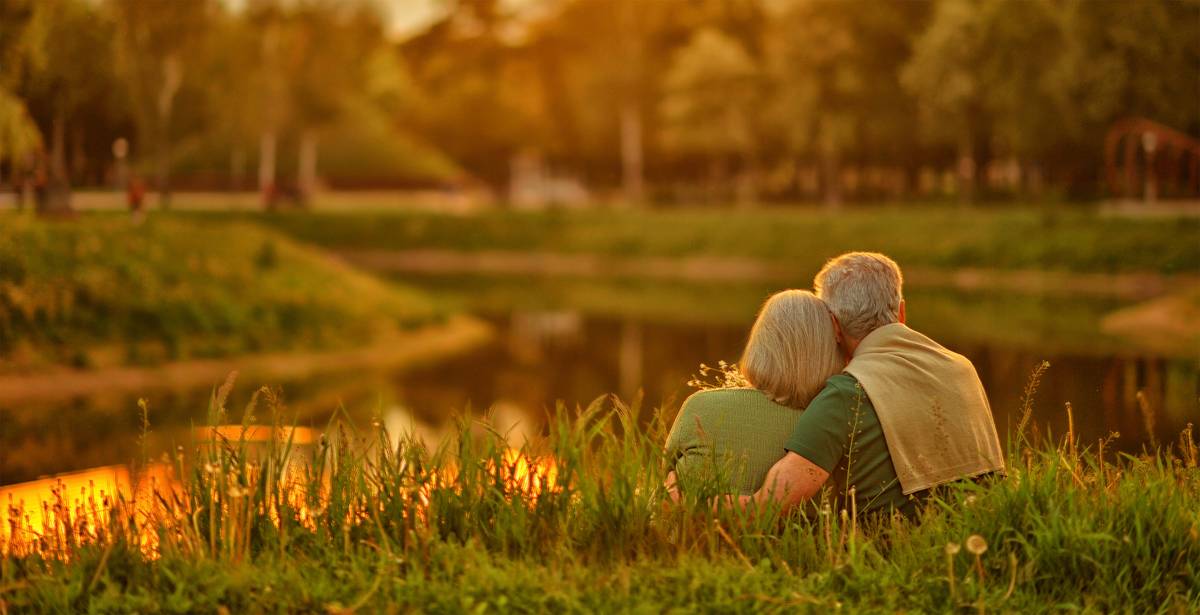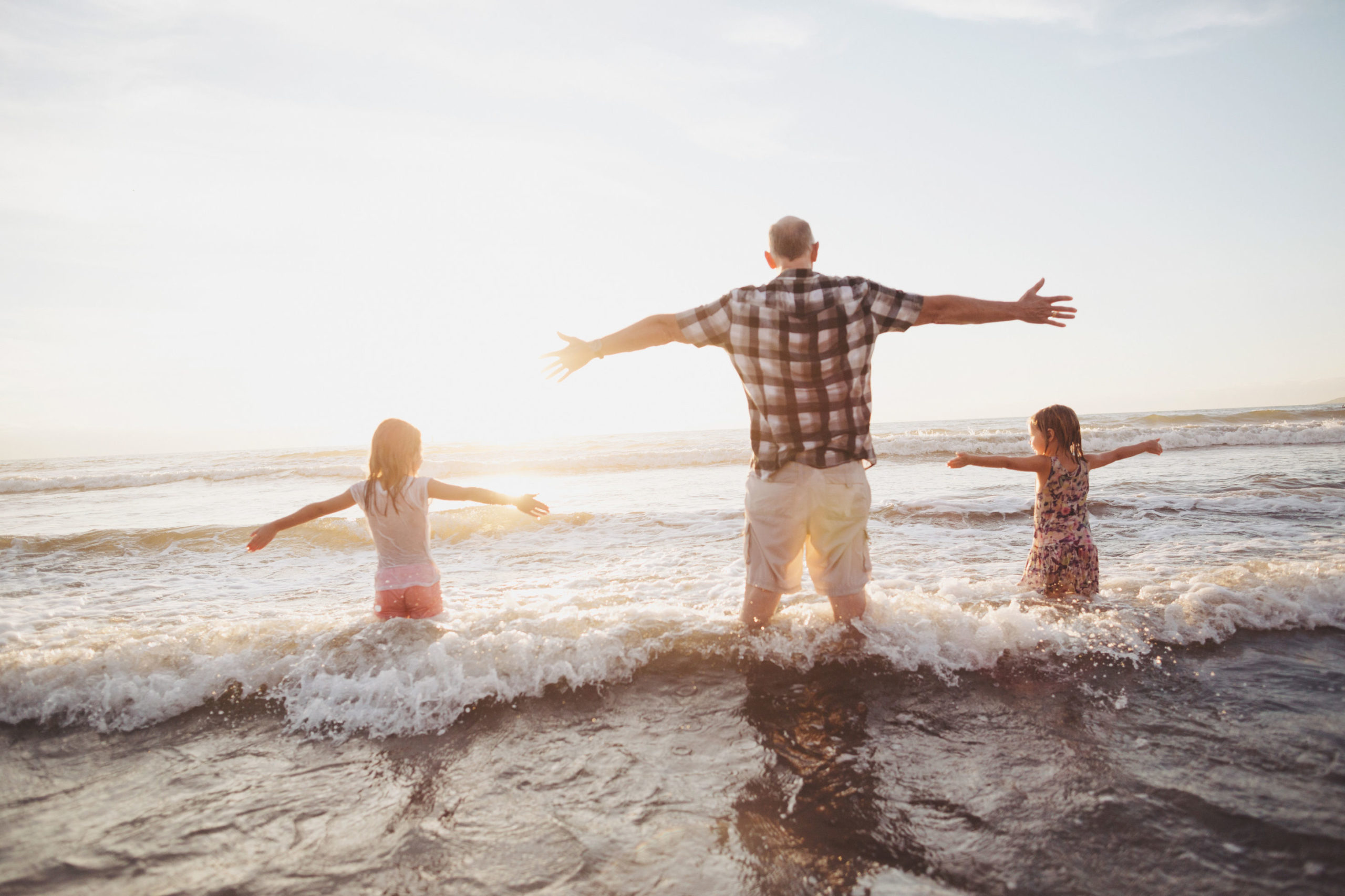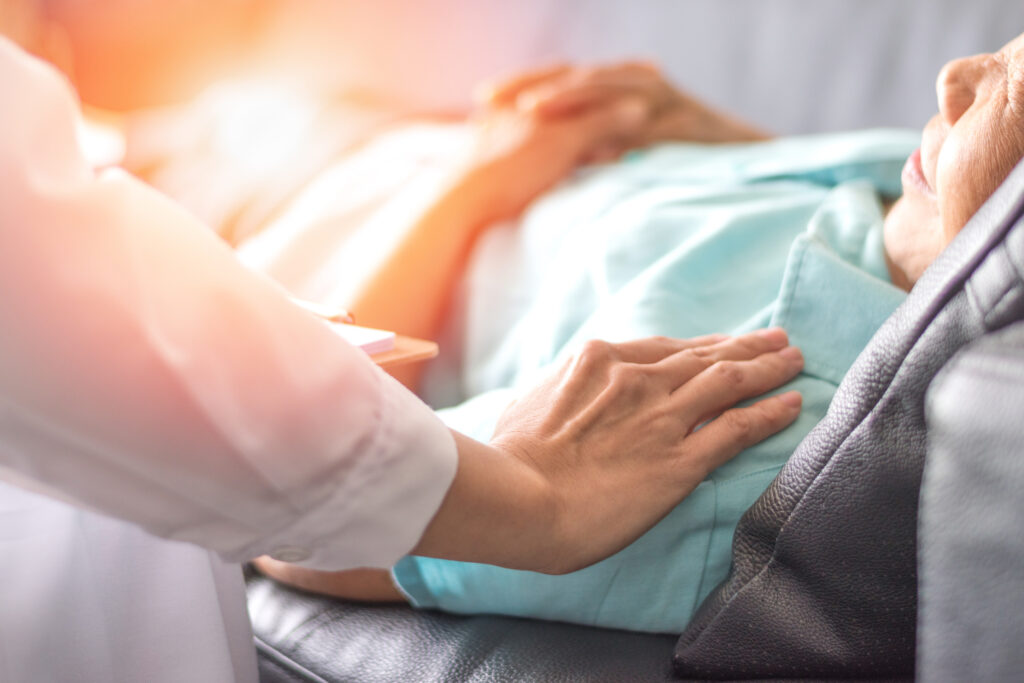April Falls Month is an annual campaign by the NSW Fall Prevention and Healthy Ageing Network to raise awareness about the impact of falls and to promote fall prevention strategies. In this article, Dr Merran Cooper, CEO of Touchstone Life Care explains what you can do to help prevent a fall, based on three different risk profiles.
Like it or not, as we age we are more likely to fall, and the risk that a fall will damage our bodies or lifestyle also increases.
Even if you think you are too young to be considered a falls risk- anyone over 60 should be maintaining or improving muscle strength, eating enough protein, and exercising for mental health.
No matter your lifestyle and health, there are many changes you can make today to keep you active, fit, strong and independent for as long as possible.
As with most things in healthcare, it’s all about prevention.
So select from the 3 boxes below the one that matches your risk profile and learn what you can do now to keep living the life you love and to prevent falls in the future.
I am over 60 and...
Here are some suggestions:
1. Wear a helmet when biking or skiing or skateboarding. Not kidding- keep doing the fun things, but take precautions.
2. You should be doing the following everyday: 30 push ups, 30 squats and 30 seconds of balancing on each leg. Work up to full pushups if you can, squats with weights, and balancing on one leg with eyes closed.
3. Increase your water intake by drinking more regularly. That was water intake- not alcohol intake which of course, you should limit.
4. Increase your protein intake to retain your muscle mass. Eat protein at every meal Loss of protein with normal ageing is called sarcopenia and it’s your enemy!
5. Now’s the time to start learning. Learning new skills and hobbies or developing “encore careers.” Yes, do crosswords and sudoku but mix it up for mental skills.
6. Join a club, a choir, or a group of any kind. As your children leave home, or you stop doing some activities you used to enjoy, you can become less connected socially. Losing those connections or not replacing them with others is a big risk for your mental health, and- believe it or not, for falls. So put as much effort into finding groups and activities you can connect with, as you did for your kids. Don’t be shy or embarrassed. We all feel the same way, we all get lonely, and we all need each other.
7. Exercise for your mental health. This is in addition to the pushups, squats and balance work ( or other strength work you do) Running, swimming, walking, jogging, yoga, dance, ballgames, table tennis, pilates. This is for your mental health and sleep so do it with others ( which forms social connections) or on your own. Up to you.
8. Get your bone density and Vitamin D levels checked and ask the doctor for recommended daily intake.
9. Check out the actions listed under the other boxes. There’s more you can do!
1. Get your bone density and Vitamin D checked regularly. You may need to increase what you are taking, get regular injections or a referral to a dietician.
2. Consider making changes to activities- cross country skiing instead of downhill? Spin classes instead of mountain biking? Swimming instead of running?
3. Pick up the activities that work on your core and balance- yoga, pilates, Tai Chi.
4. You should be doing everyday: 30 push ups, 30 squats and 30 seconds of balancing on each leg. Work up to full pushups if you can, squats with weights, and balancing on one leg with eyes closed.
5. Increase your protein intake to retain your muscle mass. Eat protein at every meal. Loss of protein with normal ageing is called sarcopenia and it’s your enemy!)
5. Now’s the time to start learning. Learning new skills and hobbies or developing “encore careers.” Yes, do crosswords and sudoku but mix it up for mental skills.
6. Join a club, a choir, or a group of any kind. As your children leave home, or you stop doing some activities you used to enjoy, you can become less connected socially. Losing those connections or not replacing them with others is a big risk for your mental health, and- believe it or not, for falls. So put as much effort into finding groups and activities you can connect with, as you did for your kids. Don’t be shy or embarrassed. We all feel the same way, we all get lonely, and we all need each other.
7. Exercise for your mental health. This is in addition to the pushups, squats and balance work ( or other strength work you do) and might include your swimming, walking, running or dancing. This is for your mental health and sleep so do it with others ( which forms social connections) or on your own. Up to you.
8. Keep up the fun stuff if you can- just be the first to use a helmet, gloves, padding.
9. Get proactive in your home. Make sure all of your furniture is stable and secure: there are no gaps between pieces, screws are tight, and cords are not dangling dangerously.
10. Keep your home clean and organised so there’s less risk of falling.
11. Check out the actions listed under the other boxes. There’s more you can do!
1. Eat plenty of healthy foods that contain protein – eggs, meat, lentils and pulses and beans, dairy. This keeps your muscles strong. Add Sustagen and skim milk powder to your diet. This is not a time to lose lots of weight – if you do, you will just lose muscle mass. If you are losing your appetite eat little and often. Anything, to stimulate your appetite. All your favourites are good.
2. Include enough fiber in your diet- don’t get constipated!
3. Drink plenty of water. Dehydration is a major cause of low blood pressure which affects your ability to go from sitting to standing up without falling. Dehydration is also a major cause of constipation which can lead to imbalance, or a urinary tract infection (an infection down there).
4. See your doctor to check your vision, weight, strength, heart and blood pressure. You especially need all your medications checked. Tell your doctor exactly what you are taking- including anything you buy “extra” at your chemist or that friends recommend to you. Get them to check your diet and make sure your Vitamin D levels are enough for strong bones and muscles.Get your heart and blood pressure checked. This can be a cause of dizziness especially when getting up quickly from a chair.
5. See a podiatrist for regular check-ups to ensure your feet are well looked after. Trim your nails, moisturise your feet to prevent cracks. Sore feet lead to limping which means it is easier to fall.Also cracked feet leads to infection, which also means you are more likely to fall.
6. Join a club, a choir, or any group of friends for social connectedness and enjoyment.
7. Exercise for fun and for your mental health. It might include swimming, hydrotherapy, walking, or dancing with others. This is for your mental health and sleep. You can do it with others (which forms social connections) or on your own. Up to you!
8. Fix your home. Keep it clear, clean, and well lit. Ask an Occupational therapist to come and have a look and make suggestions. Keep your telephone in easy reach of the floor, for instance on a low table. In the bathroom use a bath mat with suction caps to the floor tiles really tight. Keep the floors dry. Install grab rails (towel rails are NOT strong enough to use as grab rails). Use a shower chair. It’s a luxury! Tape down all 4 edges of all rugs or remove them altogether. Remove any rugs with holes or worn areas as your toes will catch in these. Keep the hallways absolutely clear and well lit. You need good lighting at night along the hallway and into the bathroom. If you need extra, use plug-in night lights. These can have movement sensors as well. Replace your light globes regularly so there are no surprises at night. Make sure all of your furniture is stable and secure; there are no gaps between pieces; screws are tight; and cords are not dangling dangerously.
9. Watch your alcohol intake. Drinking alcohol can increase the likelihood of falling because it makes you less aware of your surroundings and reduces coordination.
10. See your optometrist and get regular eye exams.
11. Have a proper exercise and balance plan. This might be with a trained physiotherapist or exercise physiologist and could include special agility exercises, yoga, tai chi and ballgames. They can show you how to use a cane at the right height, or a frame. take your pick. Also, strengthen your inside muscles (pelvic floor) to improve your bladder control.
12. Practise your sit-to-stand- from sitting on a chair, rise up to standing using. the strength in your legs only. Use an aid to do this if you need to, but try to get stronger every day.
13. Consider an exercise bike for strength work for your legs, in your own home if safe, or at a supervised gym or physio clinic.
14. Fix your garden. Clear away garden tools. Avoid using ladders. It is not worth breaking a hip just to reach something you could get someone else to find for you.Sweep all paths. Fallen petals and leaves get slippery when wet. Use a leaf blower if you prefer. Paint a line along the leading edge of outside steps with reflective or white paint so they are easy to see. Repair broken, uneven or cracked paths, patios. Put lighting near any steps inside and outside your house. Make sure outside steps are well lit. Make sure your house has smoke alarms in working order and a fire blanket or extinguisher that is easy to reach so you don’t have to run in an emergency.
15. Join a club or activity group to keep your social connection and stay active.
16. Make sure you have enough rest and get adequate sleep every night.
17. Watch for warning signs such as dizziness, confusion, unsteadiness, or nausea.
18. Use a falls monitor- one that you wear like a watch or in your home – with an emergency or panic button on it
19. Use a shower chair in the shower.
20. Install grab bars in the bathroom, alongside stairs, and wherever you need them. Don’t be too proud to use them.
21. Get up slowly after sitting down, instead of jumping up immediately. Take a few breaths when you are upright before you step off.
22. Those shoes you love so much may not fit as well as they used to. Wear shoes that are comfortable and fit well – wide enough in the toe area so your toes don’t scrunch up, but can stretch as needed. Low or no heels, and slip-resistant soles. No socks or slippers inside (too slippery)
23. Don’t get dressed in a hurry. Even if you are heading outside for a small trip ( to get the newspaper, walk the dog-) get dressed and change your shoes. Make sure your dressing gown or trousers don’t scrape along the floor and catch on things.
24. Protect yourself. When you are outside, wear sunglasses and a hat to reduce sun glare. Consider wearing hip protectors or limb protectors to help prevent hip fracture and skin tears in the event of a fall.
25. Wear thick football socks or two pairs of socks when gardening or walking outside- this limits the damage from a skin tear on the front of your shins where the skin can be thin.
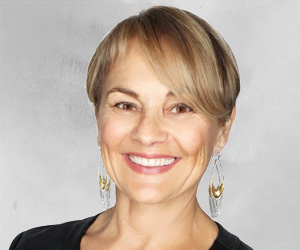
Dr Merran Cooper
Dr Merran Cooper MBBS. BSc (Physio), MAICD, M.Admin, PGD Adult Ed is a medical doctor and qualified physiotherapist. In 2018 she responded to the lack of good quality advance care planning in hospitals and the resultant overmedicalisation of dying by founding a technology company, Touchstone Life Care to develop an interoperable, real time advance care planning solution for consumers, providers and health systems.
